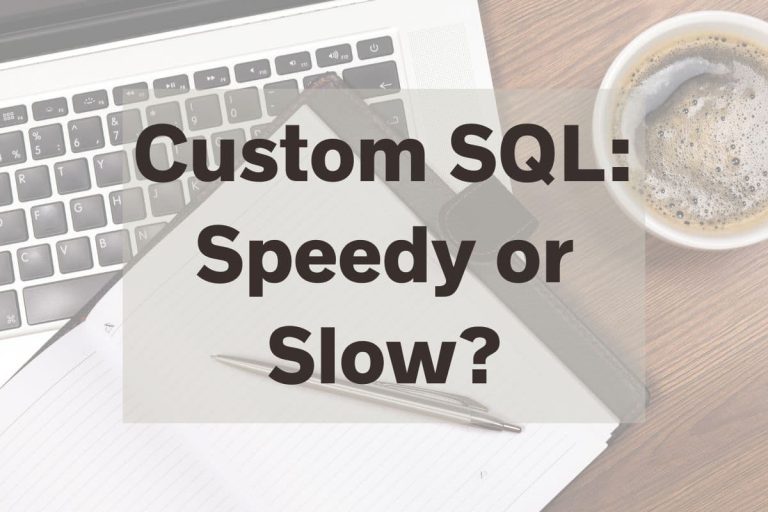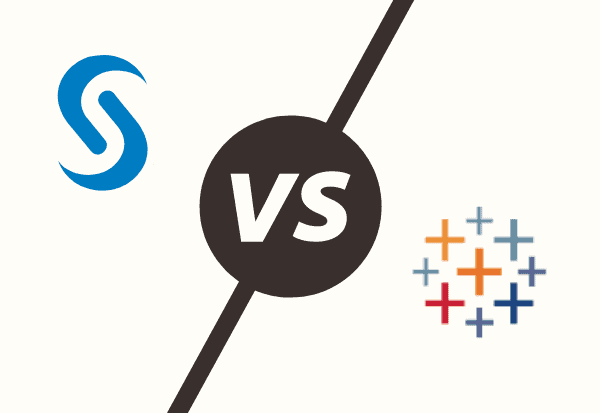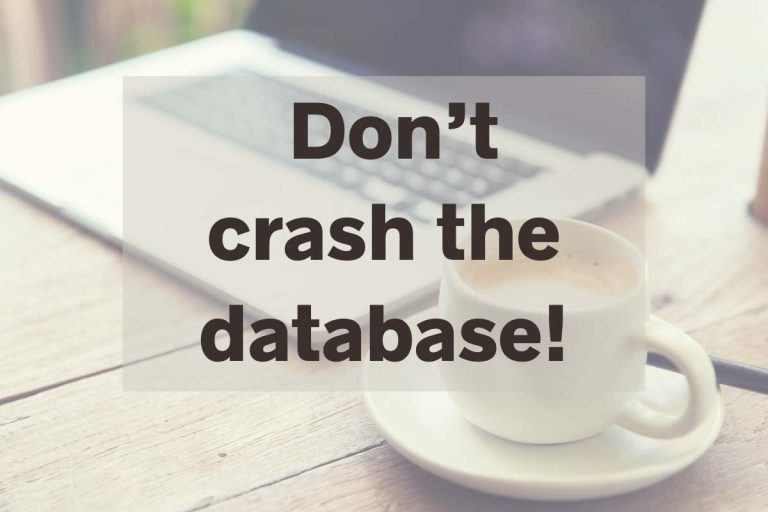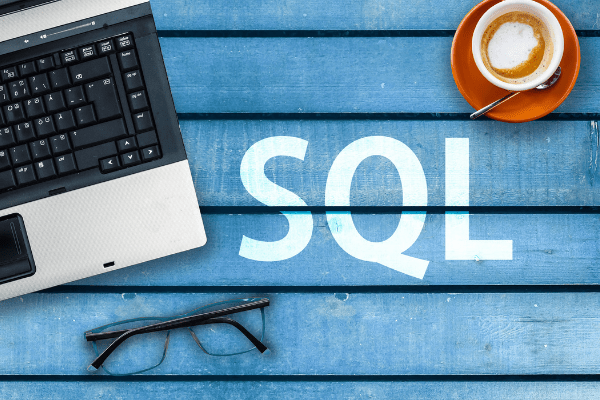Is R Easy to Learn?
Are you looking to break into data analytics or pick up a new language as part of your toolbelt? R fits the bill regardless of the situation, but the question remains. Is R easy to learn?
Learning R is not inherently hard but requires that you dedicate time consistently and apply your knowledge in real-world settings to master it. Having an understanding of business intelligence, statistics, or programming experience will make learning R easier.
R does have a reputation for being difficult to learn, but I believe this comes from how flexible the tool really is. It is designed to be flexible and added onto. As we dive in, you’ll see that many libraries exist to help you solve your data problems once you get rolling with R.
What is R?
Let’s start by understanding what R is. R is a platform and language used for statistical functions with wide use in many data analysis and data science functions. Data can be manipulated and calculated within R, and it can also produce graphs to enhance your analysis and sharing results. It was created by statisticians for statisticians, so it comes from this background with a heavy statistical toolset within it.
R is also FREE! It is open-source, and there are libraries that extend the functionality of the tool depending on what you are trying to accomplish.
Most R users use an interface on top of R that helps with your syntax as you are typing and debugging if you run into problems. RStudio Desktop is a fan favorite. It is also open-source with commercial options available, as well, if needed.
So R is a language you write within a platform of the same name. Below is a high-level list of items that you can perform within R.
- Data analytics
- Machine learning
- Simulation
- Basic math/stats
- Statistical tests
- Data mining
- Produce graphs (including dynamic)
It is cross-platform compatible, so you can link up to other tools such as SAS Viya or Tableau if needed for your results.
What Existing Skills Will Make Learning R Easier?
Machine learning. Statistics. Business intelligence. Data engineering. Having a background in one or more of these areas will make learning R much easier.
Learning R will be easier if you already know another data tool that uses a code-like language. Tools such as Base SAS or Python have a similar feel in that to use them. If you know these tools, you have a window into what is possible with a tool, so at that point you can search your way into making R do what you need to do. Additionally, if you know SAS or Python, you likely have a background in the functions, likely the ones that lean on statistical functions or data manipulation. All of this experience makes learning R much simpler. Learn the different interface and interactions, and you’ll be up and rolling quite quickly.
No prior data coding experience? Have you been working with business intelligence? Creating reports? You’ll still have a learning curve to learn the tool and the functions, but having an understanding in how data works is a leg-up. Having an understanding of how relational data models work in the data framework will make learning R slightly easier.
Without a coding background, R is still not inherently hard to learn. It’s like learning any language. It takes time, consistency, and actively using it to learn, and R is no different.
If you have no experience working with data in some capacity, you’ll need to learn about data analysis plus the tool which will make the learning curve the steepest. It’s still surmountable!
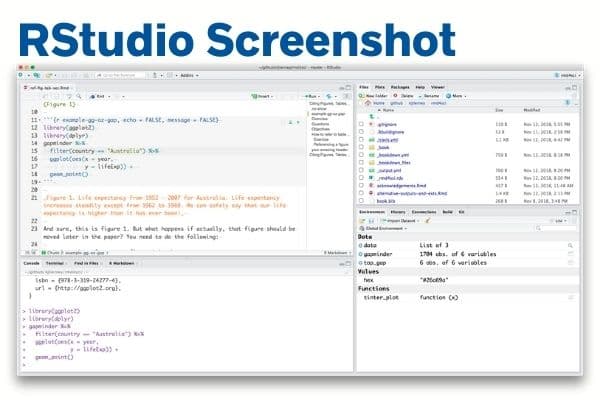
How Long Does it Take to Learn R?
Learning any language or software takes time, but obviously some are easier than others. Here’s a full article on how long it takes to learn machine learning. R is a popular tool for machine learning, but it is not a tool that makes picking up the skill easy. Expect to spend 6 months to learn R.
Once you have started working with R, you’ll find your mastery is much improved if you can use it in meaningful ways such as solving problems at work. Even if you are unable to use the skills at work while learning, move beyond the clean datasets you’ll find in R training. The messy datasets with many problems to work through is where you’ll really become proficient!
Is R or Python Easier to Learn?
The R vs Python conversation is some kind of eternal push and pull. Both are fine! If your colleagues are working with R, I recommend you learn R as your troubleshooting, bonding experiences will be easier and more productive. Both can help you analyze data and produce results to share.
Python is easier to learn than R. Python syntax is more similar to other programming languages. It is also more popular with a general purpose nature which makes troubleshooting issues easier.
Best Way to Learn R
The best way to learn R is in a way that works with your learning style while allowing you to practice the skills as you learn them. My favorite course to learn R is offered through DataCamp. DataCamp has a free trial, and has an annual subscription beyond the trial. Udemy offers a course I recommend if you need a cheaper option (catch a sale) R Programming A-Z™: R For Data Science.

